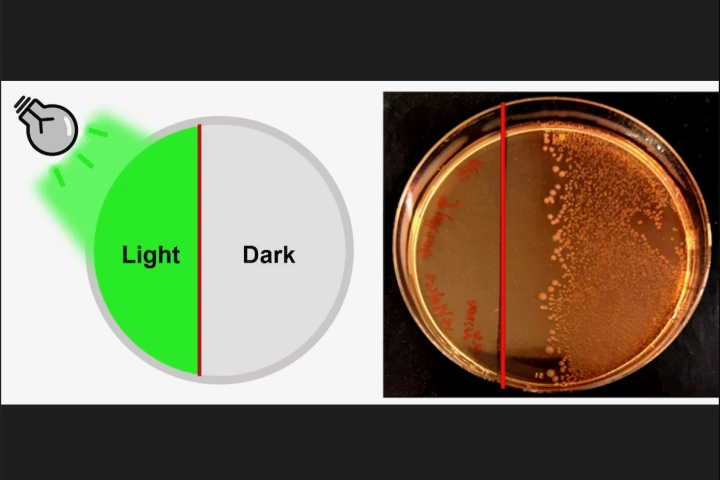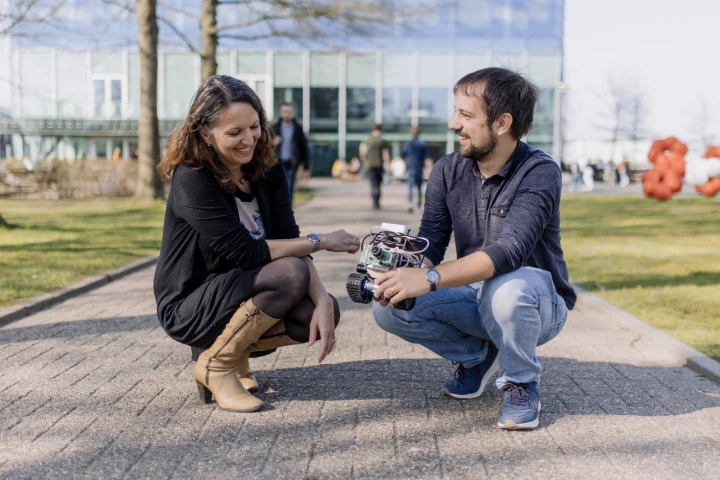University of Groningen
-
As unspent antibiotics pass from our bodies, they contribute to the development of antibiotic-resistant bacteria. Scientists are addressing this problem with a new technology which causes such drugs to only become active upon exposure to green light.
-
Memories seemingly lost as a result of sleep deprivation were restored using existing drugs used to treat asthma and erectile dysfunction, according to new research. The research suggests these memories are merely hidden, not lost, and offers a way to retrieve them.
-
A fruit fly's pinhead-sized brain is not the place you'd expect find inspiration for new robotics. But in a bold move, researchers have built a speedy robot with a 'brain' based on the insect's low-energy, highly efficient navigational neural network.
-
A new symmetrical design for flow batteries takes us a step closer to unlocking their potential as a solution for grid-scale energy storage, and leans on more environmentally-friendly materials while it's at it.
-
A new method of handwriting analysis is offering fresh clues as to who wrote the Dead Sea Scrolls. Testing the machine learning tool on one of the most famous ancient scrolls has revealed not one but two scribes were responsible for the ancient text.
-
Researchers from the University of Groningen have developed a process to manufacture 3D-printed teeth and braces capable of destroying bacteria.
-
Researchers at the University of Konstanz and the Helmholtz-Zentrum Dresden-Rossendorf (HZDR) claim to have created a molecule-sized electrical switch and proven its operation for the very first time. This work may lead to other microscopic electronic components born from self-assembling molecules.
-
Scientists have created an "electric car" that is only a few nanometers long.







